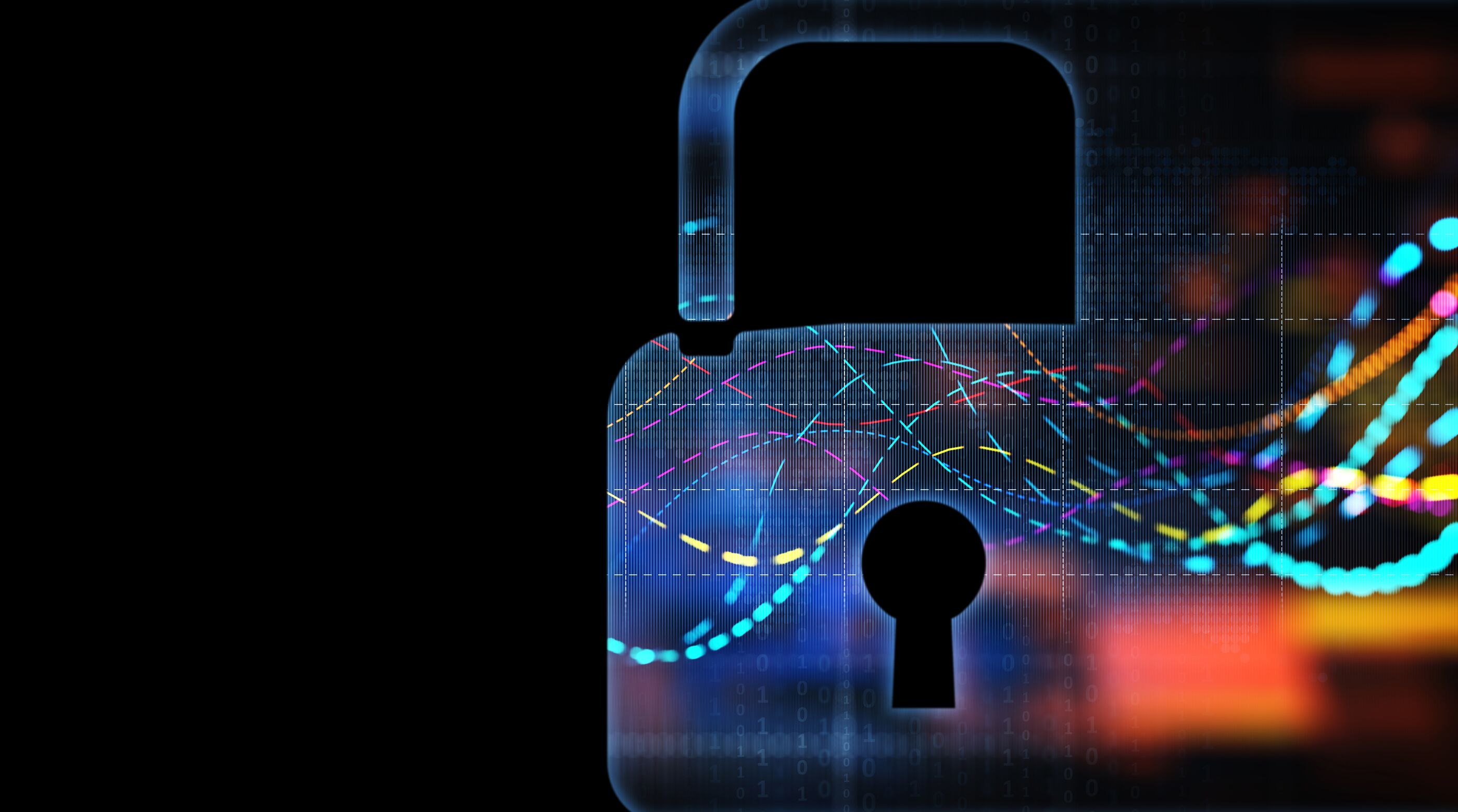
As technology continues to advance, so does the need for improved cybersecurity and data privacy measures. Blockchain, a distributed ledger technology that provides tamper-proof and transparent record-keeping, has emerged as a promising solution to address these challenges. In this article, we will explore the role of blockchain in cybersecurity and data privacy.
The Problem with Traditional Methods
Traditional methods of securing data rely on centralized systems, such as firewalls or antivirus software. While these systems are effective to some extent, they are also vulnerable to attacks. Hackers can target these central nodes, gaining access to the entire system, and compromising sensitive information.
Moreover, traditional data storage systems expose data to third-party intermediaries who can access or manipulate this data, causing privacy breaches. These intermediaries can include cloud service providers or even the employees of the company hosting the data.

How Blockchain Addresses These Challenges
Blockchain technology introduces a new way of storing and exchanging data that eliminates the need for centralized intermediaries. Rather than relying on a central entity, blockchain networks distribute data across a network of nodes, allowing all participants to access a tamper-proof, transparent, and unalterable ledger.
By storing data through blockchain, each block in the chain contains a unique and unchangeable hash that links it to the previous block, creating an unbreakable chain. Each node in the network must reach a consensus before adding a new block, thereby ensuring the integrity of the chain.
Moreover, blockchain technology uses public and private keys and advanced encryption methods to secure data. This public-private key system allows only those with the authority to access the data to view and modify the data stored in a blockchain. Furthermore, data stored in the blockchain is immutable and cannot be tampered with, ensuring that data privacy and security is maintained.
Real-World Examples
Blockchain technology is now being used in various sectors, including finance, healthcare, and supply chain management. One such use case is in the storage and secure sharing of medical records. In some countries, blockchain-based solutions are already being used to store medical data securely and transparently. By using blockchain technology, this data can be shared among different healthcare providers without compromising privacy.

Another example of blockchain technology in cybersecurity and data privacy is the development of blockchain-powered password management systems. These systems store login credentials in the blockchain, ensuring that only authorized individuals can access the login information.
Blockchain technology offers a new paradigm for data security and privacy. By eliminating centralized points of control, blockchain can secure the integrity of data and protect it from cyber-attacks. The distributed nature of blockchain also ensures complete transparency, making it an ideal solution for storing sensitive information. The real-world applications of blockchain in healthcare, supply chain management, and other industries indicate that blockchain technology will play a significant role in the future of cybersecurity and data privacy.








